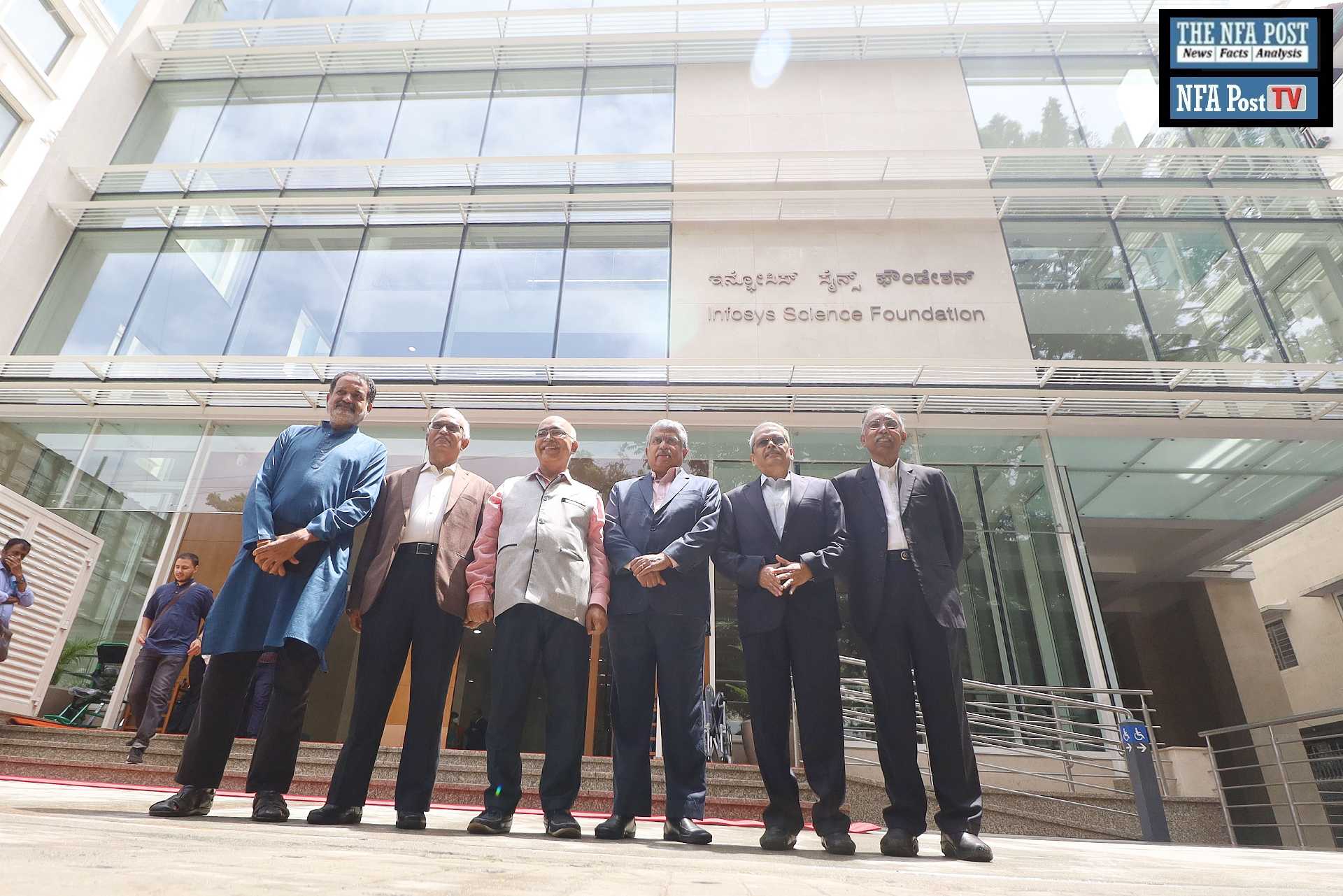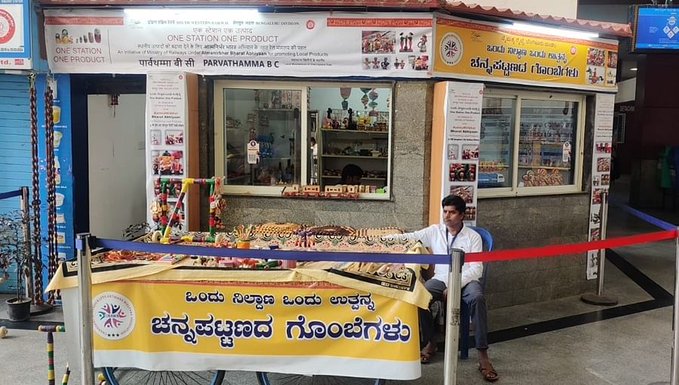Bengaluru, NFAPost: Infosys Founder N R Narayana Murthy on Thursday said it requires a cultural transformation of the Indian mindset, not science, mathematics and engineering to solve India’s grand problems relating to nutrition and health
“As people interested in science, mathematics, and engineering, we must think about how science, mathematics, and engineering can solve our grand problems. I understand that such grand problems cannot be solved by science, mathematics and engineering alone. It requires a cultural transformation of the Indian mindset,” he said at the inauguration of the new building of Infosys Science Foundation here.
The building houses offices for ISF professionals, conference rooms, a 100-seater technology-enabled auditorium and a large place for lunches and dinners.
India, Murthy said, is still a long way off from solving its grand problems of education, healthcare, nutrition, and shelter for every one of our 1.4 billion Indians.
“We have sent rockets and satellites into space. We have built steel plants, power plants, and huge dams. We have produced Covid vaccines. We do heart and kidney transplants. However, we are still a long way off from solving our grand problems of education, healthcare, nutrition, and shelter for every one of our 1.4 billion Indians,” he said.
The need of the day, Murthy said, is for India to use the power of the human mind to find quick, innovative and affordable solutions to these major problems.
“I do not know of any nation that has solved the problems of poverty and ill-health and attained economic prosperity without using the power of the human mind to solve its problems. Our science, mathematics, and engineering researchers are the country’s front-line warriors in our war against our grand problems. That is why we must encourage them,” he said
Some winners of the Infosys Prize have gone on to do useful work in their desire to solve some of the daunting problems, Murthy added.
“We, at ISF, believe in the words of President Roosevelt that the true test of a country’s progress is not whether we add more to the abundance of those who have much; but it is whether we provide enough for those who have too little. We are committed to adding value to make this happen.
“Our little contribution in this war against India’s grand problems is to recognize these front-line researcher-warriors, applaud them, honor them, and reward them. We are proud to be doing this year after year,” the IT doyen said.





